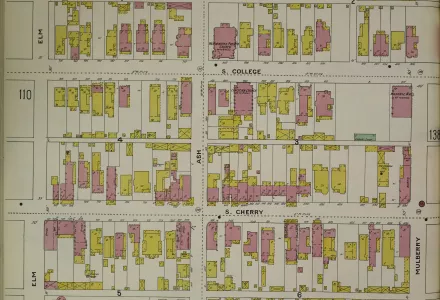
Executive Summary
Since the launch of sharing economy platforms like Airbnb and Uber, various city stakeholders—government officials, advocates, academics, and the private sector—have extolled the public potential of sharing economy data. Cities have discussed data’s value particularly in regulatory, evaluative, and policy contexts. Despite this, prior to 2018, only a handful of local government agencies had enacted policies requiring such platforms to share operational data with municipal officials. The emergence of micromobility in recent years has led to a potential sea change, with cities increasingly utilizing policy mechanisms to require data as a precondition for certain kinds of urban platforms to operate in their jurisdictions.
Existing scholarship on platform urbanism has established the significance of digitally networked “platform” business models to cities, explored the impact and implications of platform technology deployments in urban space, and documented the centrality of data—both in the operations and governance of 21st century cities and in the production of urban platform power. This report builds on previous work by (1) calling attention to platform urbanism data sharing (PUDS) mandates as representative of a novel type of local government policy and (2) by offering a new theoretical account of its origins and ascendant significance.
This report argues that platform urbanism data sharing mandates are worthy of examination, empirically and practically, as policy experiments with regulatory lessons to offer. It further argues that, politically and theoretically, these policies—and the debate surrounding them—reveal attitudes and aspirations toward oversight, digital rights, and technological sovereignty, and point to possible futures for data governance in the emergent smart city.
The author concludes the report with a call for further empirical and theoretical study of platform urbanism data sharing policy texts. To support such work, the author also offers an openly available online resource hub and searchable database, the “Platform Urbanism Data Sharing Policy Hub” which contains over 70 data sharing policy documents that can be easily accessed and analyzed by public officials, advocates, and other practitioners, as well as by the academic community.
About the Author
Stephen Larrick is an urbanist and open gov advocate who has worked at the intersection of community planning, municipal governance, and data & technology for over a decade.
As head of city success at urban-tech startup Stae, Stephen helped grow the company’s first cohort of local government clients, and provided strategic direction for a SaaS platform that enables public officials to access, manage, and collaborate with civic data.
Prior to Stae, Stephen founded and directed the Open Cities Team at the Sunlight Foundation, where he oversaw the adoption and implementation of data transparency policies in dozens of mid-sized American cities participating in Bloomberg Philanthropies’ What Works Cities Initiative, and developed best practices for community-centered data engagement.
Larrick previously served in local government as Director of Planning and Economic Development for the City of Central Falls, Rhode Island, where he played a key part in successful turnaround efforts during a time of extreme fiscal crisis—managing the city’s residential and commercial redevelopment, tax incentive policy, and community grant programs following an historic chapter 9 municipal bankruptcy filing. In addition to his duties as city planner, Larrick worked closely with two state-appointed receivers and one mayor to rethink local government service delivery with a heavy emphasis on digital engagement and open and inclusive governance.
Larrick received his Bachelor’s of Arts in Urban Studies and Political Philosophy from Brown University, and lives in Salem, MA with his wife Sarah and their dog Panda.
Platform Urbanism Data Sharing (PUDS) Policy Hub
Larrick , Stephen. “Towards Urban Data Commons? On The Origins And Significance Of Platform Data Sharing Mandates .” May 19, 2022


